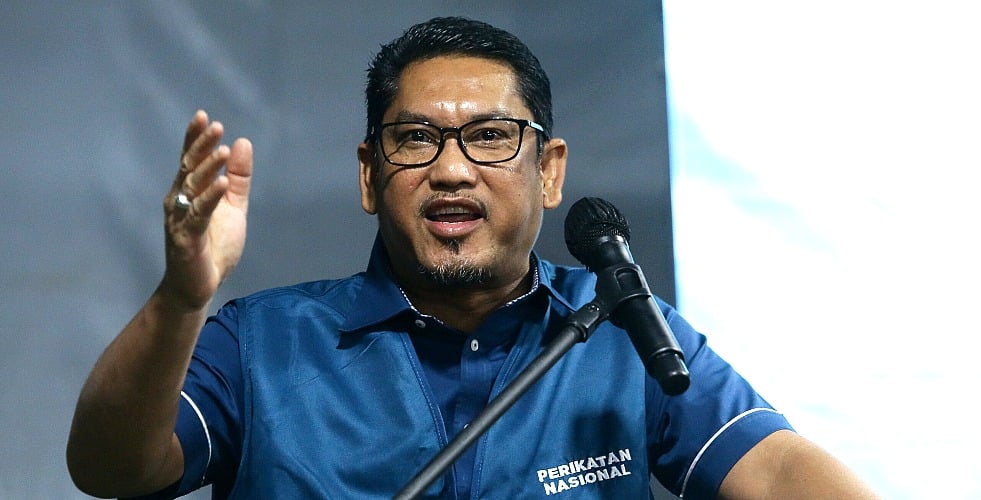
A few weeks ago, I caught up with old friends at my school reunion.
We are part of the 1987 Anderson School Ipoh batch, and it was wonderful to be able to reminisce about our eventful school days.
The food spread was lovely, and the highlight of the night was The Revivals, our school band playing nostalgic numbers from the 1980s.
Most of my friends are now professionals, all having contributed in their own ways to building Malaysia.
As usual, the conversations that night revolved around the economy and of course politics, which are standard Malaysian topics in any setting.
Some of my friends were very vocal about the state of the nation and some very more reserved, perhaps because they saw me as Peja the politician and not Peja their classmate, who deep at heart will always be an Ipoh boy.
So, halfway through our conversation I asked my friends if they expected me to show up wearing a party uniform and carrying a banner. We laughed and it was smooth sailing from then on.
I understand the predicament. I see this look in the eyes of some other friends, too.
They struggle to reconcile the Peja they know with the Peja of Perikatan Nasional. Not because I am two different people, but because they have been repeatedly told the myth of the big bad “Green Wave.”
GE15 was the beginning of the demise of this once exalted party now a symbol for the deterioration of Malay leaders’ values and culture.
But there is no Green Wave. There is definitely a Prussian Blue wave (that’s our Perikatan Nasional color).
Don’t just take my word for it, you can also read what Ong Kian Ming and Khairy Jamaluddin have written upon realizing the same.
The tale of the Green Wave arose for two reasons. The first because none of the political commentators saw Perikatan Nasional’s rise coming, and lazily put it down to a swelling of religious Islamic sentiment across the country.
The second and more malicious is to incite fear of a radical movement where there is none to cover up for a lack of competence in the current administration.
The real reason, as Ong Kian Ming has rightly pointed out, is that after decades of decline, decadence and corruption, the Malays rejected Umno.
GE15 was the beginning of the demise of this once exalted party now a symbol for the deterioration of Malay leaders’ values and culture.
And this is where most get it wrong.
This nation’s heart is steeped in culture. And after over 65 years of living together, it is a culture that all the races share.
It celebrates harmony, prosperity and creativity, and rejects pride, arrogance and corruption.
These values do not belong to any religion but to all of us.
Electorally, Bersatu gained massively even in seats where PAS had no significant presence, and PAS wrested numerous seats from Umno strongholds.
This was the dismantling of Umno, whose leadership had become rotten to the core.
As I write this, more and more Chinese, Indians and others are joining Perikatan Nasional every day. They now come in droves to the ceramahs held in all the states along with more Malay voters who realize that certain tainted leaders in Umno must be removed from the government at all costs.
Over the next few weeks, you will hear more about Perikatan Nasional’s state manifestos for a return to core Malaysian values, Malaysian culture and Malaysian creativity, the very things that made us the beautiful nation we once were.
Please remember that one or two emotional comments from politicians do not represent an entire coalition. Nobody is perfect.
Hopefully my Andersonian buddies will know for certain that I am still the same old Peja — sometimes a rascal, but a rascal that loves my country deeply — and all my brothers and sisters in it.
(Datuk Seri Ahmad Faizal Azumu is Deputy President of Parti Pribumi Bersatu Malaysia.)
ADVERTISEMENT
ADVERTISEMENT








































